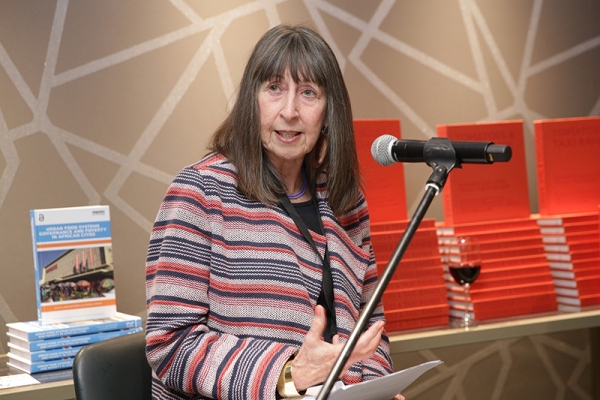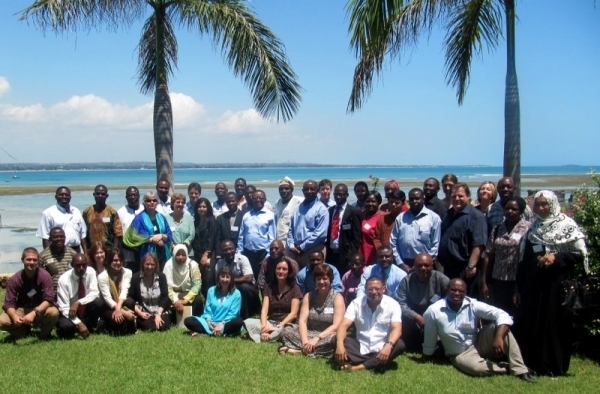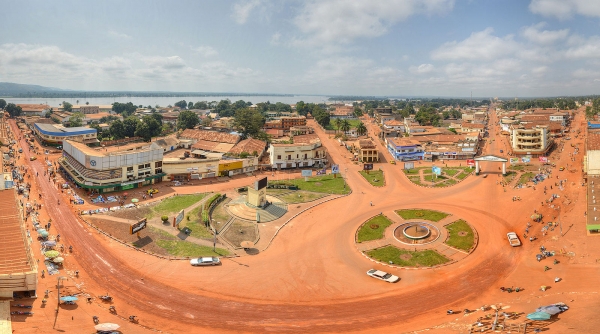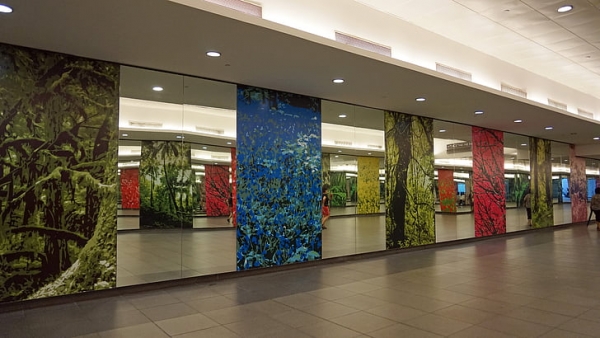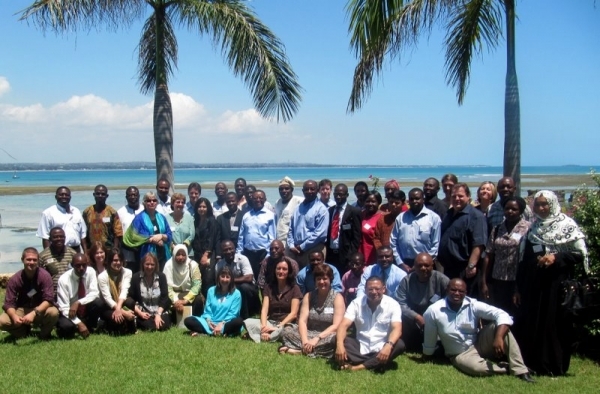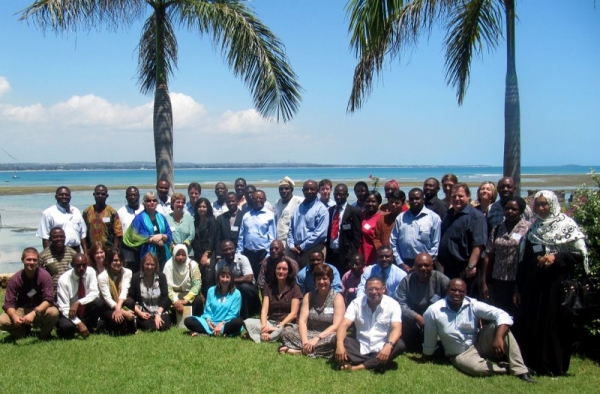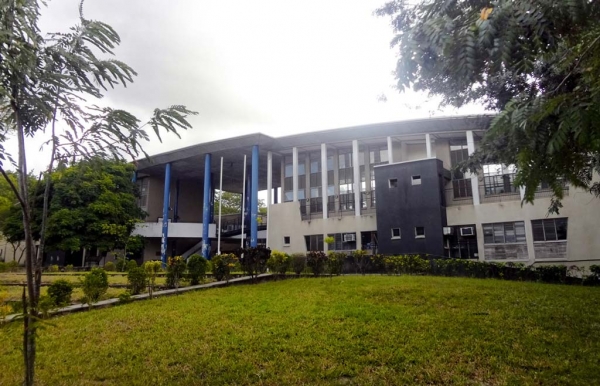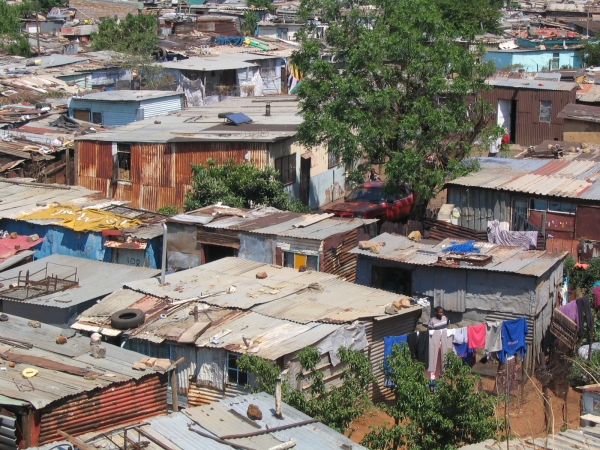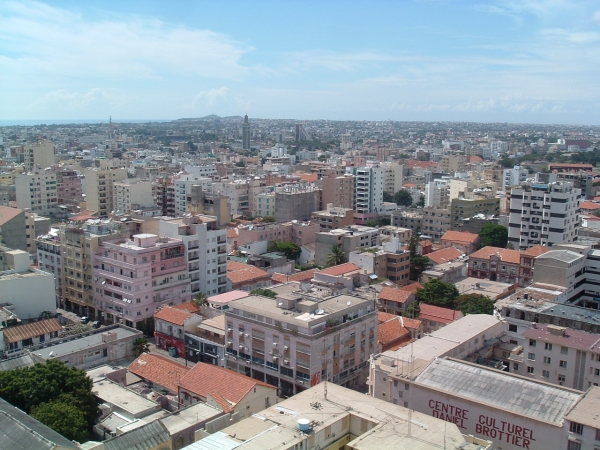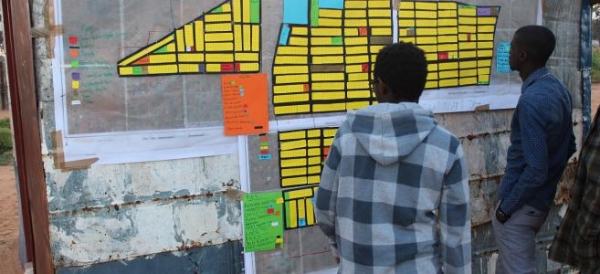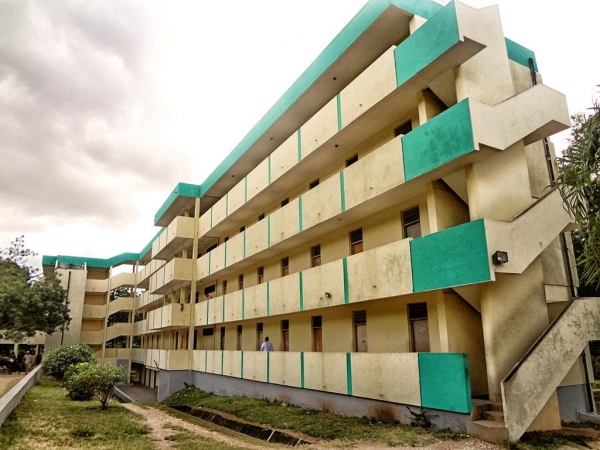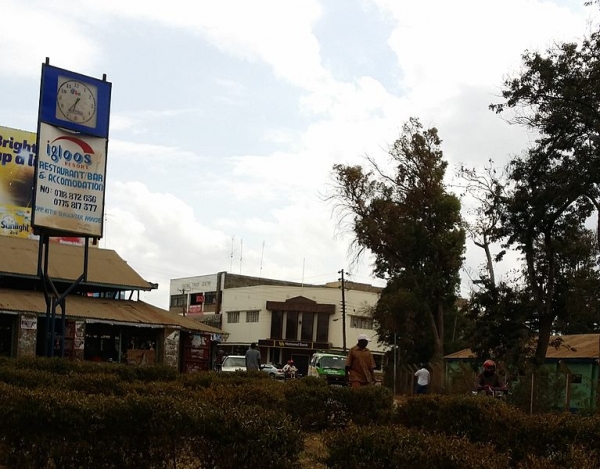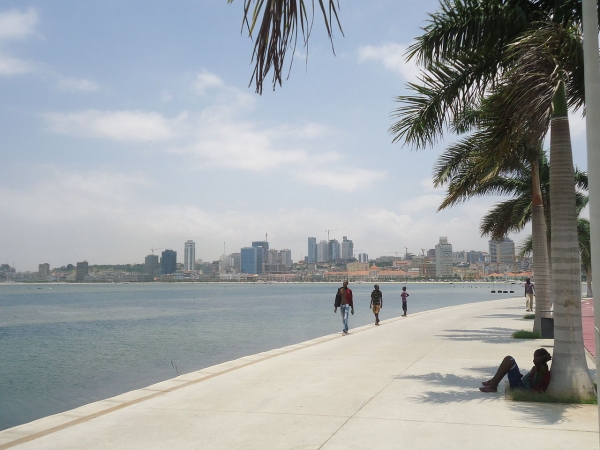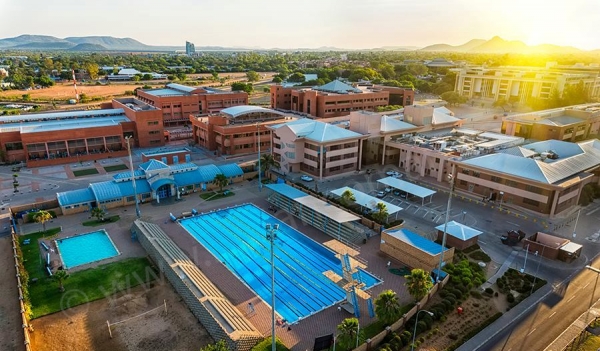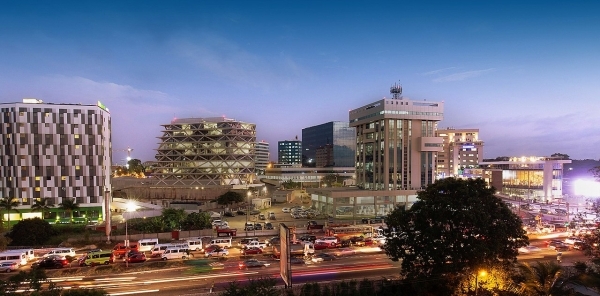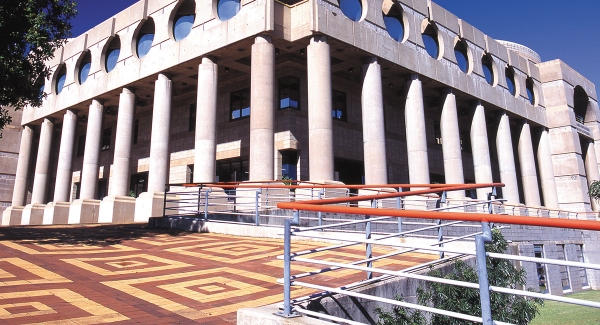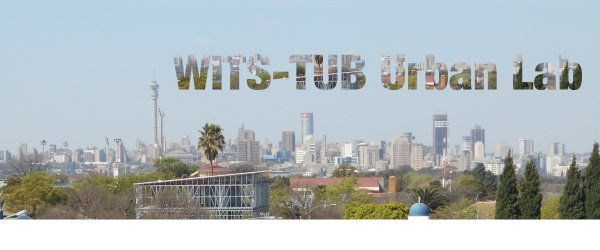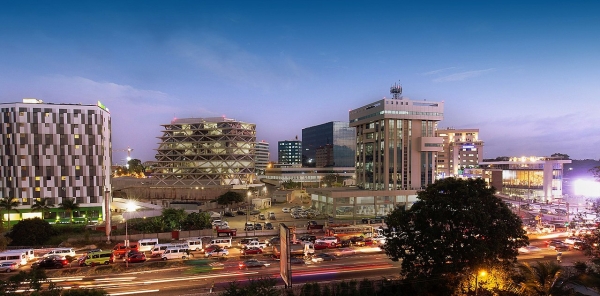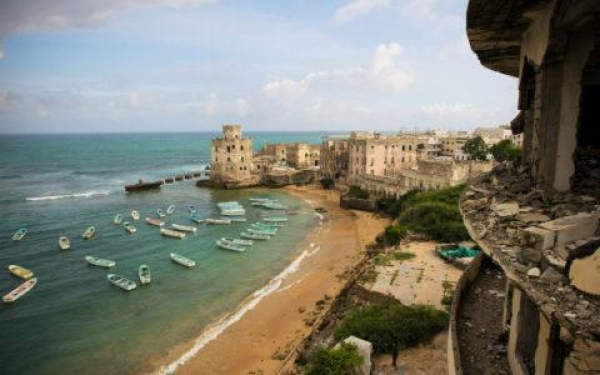From 28 to 30 March 2011, the African Centre for Cities (ACC) hosted delegates from Indian, Kenyan, Brazilian and South African higher education institutions to discuss the potential for comparative case research between the four countries.
The meeting was arranged through the National Research Foundation’s India-Brazil-South Africa (IBSA) programme for cooperation in higher education, which seeks to promote cooperation between respective academic institutions, faculties, researchers, and students, based on lasting institutional arrangements and joint research projects. Kenyan delegates participated as part of the Mistra Urban Futures partnership.

The meeting broadly aimed to: clarify the research profiles and objectives the various institutions involved, identify any areas of common research interest, and work towards the development of a collaborative case research proposal for the purposes of attracting funding support.
In addition, the meeting was framed within the general goals of:
- Increasing empirical knowledge of nuanced urban practices and processes, as they actually happen in cities of the global South.
- Producing knowledge and information for teaching and learning, and to influence urban policy and practice.
- Responding to the overall agenda of building a body of theory from the South and redressing the global imbalances in the production and exchange of knowledge.
Aside from representatives of AAPS (Dr Nancy Odendaal and James Duminy), participants were drawn from the following institutions:
- African Centre for Cities, University of Cape Town (South Africa)
- Gauteng City-Region Observatory (South Africa)
- Maseno University (Kenya)
- Bondo University College (Kenya)
- Indian Institute for Human Settlements (India)
- Federal University of ABC Region (Sao Paulo, Brazil)
- Observatório Das Metrópoles, Federal University of Rio de Janeiro (Brazil)
Discussions over the three days demonstrated a general commitment to promoting South-South theory building as a means of contributing to a ‘global learning process’ and addressing imbalances in global systems of knowledge production and circulation. Comparative case research was affirmed as a useful means of building a body of urban theory rooted in the nuanced empirical processes of Southern ‘cityness’. It was also seen to have a potentially effective role in pedagogical and curricular innovation. The educational and learning benefits of a collaborative and comparative case project include not only the use of comparative or shared case material in teaching, but also the sharing of innovative teaching approaches.
Several shared themes of analytical interest emerged during discussions, including comparisons of historical processes of governance reform and institutional rupture in the South. The importance of producing emblematic or meta-cases was further highlighted for their pedagogical utility and comparative theory-building capacity. Another important topic related to experiences of establishing ‘urban observatories’ as a basis for comparative research, and of successes and failures in network building and research cooperation.
Ultimately, debates and agreements pointed towards the huge potential of constructing a collaborative programme between the Brazilian, Indian, Kenyan and South African institutions, with a trialectic focus on learning, research and promoting reflexive urban practice.
Click here to read a brief article on the IBSA workshop posted on the website of the Observatório Das Metrópoles (in Portuguese).
Click here to see which workshop presentations and other resources are available for download.

